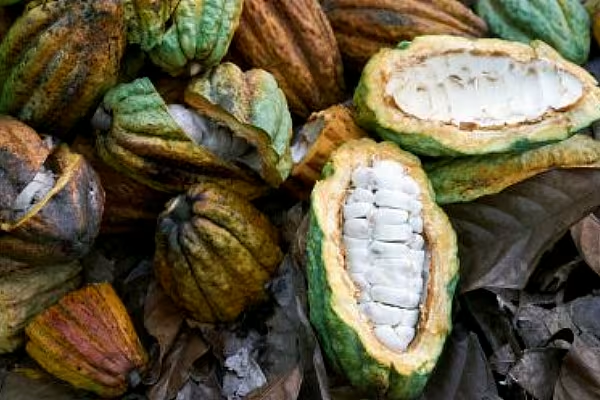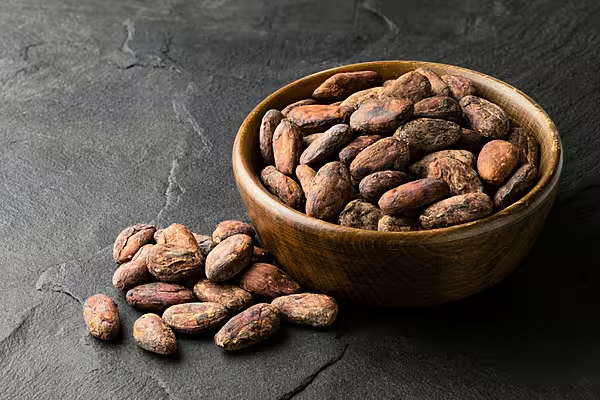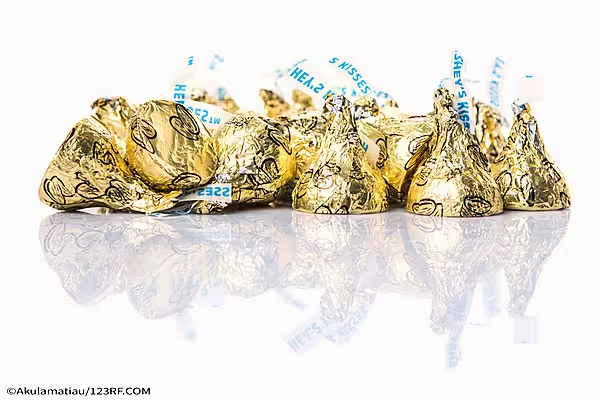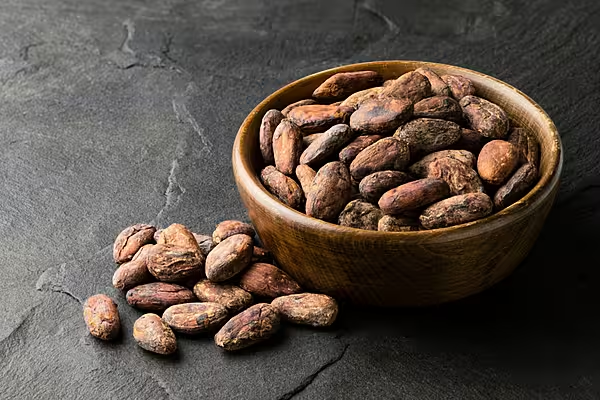The world's top cocoa producer Ivory Coast had sold 950,000 tonnes of cocoa in contracts by the end of May for the 2021/2022 season at a country discount instead of its usual country premium, regulator and industry sources said on Tuesday.
The West African producer typically sells cocoa with a country premium of 70 to 150 pounds ($99-$212) per tonne to reflect its quality. Since last year, it also added a $400 per tonne premium to be paid to farmers to boost their wages.
As a result of the premium for farmers, known as the Living Income Differential (LID), buyers have been pressing for the country premium to be turned into a country discount, so farmers receive the extra cash but prices stay globally competitive.
The sources told Reuters that contracts agreed by the end of May had a country discount of 150 to 200 pounds ($212-$283) per tonne, a move that would effectively mean farmers still received extra cash but the government revenues from sales were reduced.
Bumper Crop In Ivory Coast
The West African producer had been locked in talks with exporters over the price of its beans as a bumper crop and weak global demand caused by the coronavirus pandemic, coupled with the introduction of the LID, pushed down sales.
Confirmed contract sales by mid-May stood at 560,000 tonnes with about 390,000 tonnes more awaiting final confirmation pending discussions between the Cocoa and Coffee Council (CCC) regulator and cocoa grinders over the level of country discount, sources at the CCC and exporting companies said.
"We are at a total of around 950,000 tonnes in sales for next season. This is a good level of sales even though there are still between 650,000 and 700,000 tonnes left to be sold to meet our objective," a CCC source said, adding that contracts should be completed by September.
Another source at CCC said the regulator was facing pressure to offer a country discount after the introduction of the LID, confirming that the country discount on contracts so far had been set at 150 to 200 pounds.
LID Scheme
Ivory Coast and neighbouring Ghana, which together account for about 60% of global cocoa output, both typically sell their beans with a country premium. Both also introduced the LID scheme to boost cash for farmers.
A director of an Abidjan-based European cocoa export company said contracts had been agreed at an accelerated pace in recent weeks after the CCC agreed to cut the country premium, also known as a differential.
"The fundamentals of the global market are not favourable for us to pay both the LID and a positive differential. Either lower the LID and keep the differential or the other way around," said the manager who asked not to be named.
News by Reuters, edited by ESM. For more Supply Chain news, click here. Click subscribe to sign up to ESM: European Supermarket Magazine.














